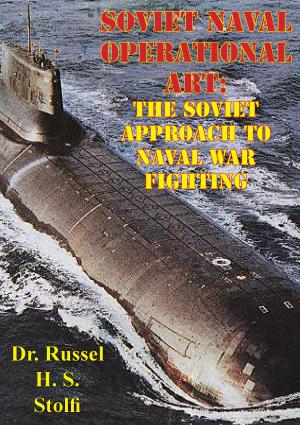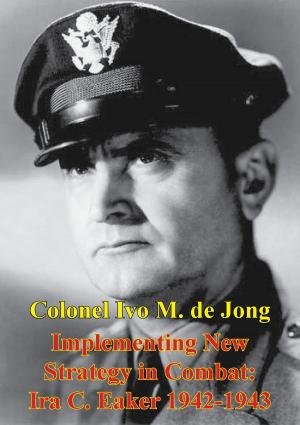Significance Of The Human Being As An Element In An Information System:
WWII Forward Air Controllers And Close Air Support
Nonfiction, History, Germany, European General, Military, United States| Author: | Lieutenant Jamie W. Achée USN | ISBN: | 9781786250261 |
| Publisher: | Tannenberg Publishing | Publication: | November 6, 2015 |
| Imprint: | Tannenberg Publishing | Language: | English |
| Author: | Lieutenant Jamie W. Achée USN |
| ISBN: | 9781786250261 |
| Publisher: | Tannenberg Publishing |
| Publication: | November 6, 2015 |
| Imprint: | Tannenberg Publishing |
| Language: | English |
This research will explore the relevance of the human being as an element in an information system. The purpose of this study is to analyze the influence technology, especially information technology, has had on the way human beings understand and use information systems. This study will look at the use of forward air controllers and close air support in the European Theater of Operations during WWII and evaluate the technology, the doctrine and the people involved as they related to the forward air control-close air support information system. Other areas that will be discussed as they relate to the development of close air support include: incremental vs. radical change, organizational culture and change, and the dynamic nature of current and future operations as they relate to information systems.
The primary research objective is to explore the answer to the following question: Based on the role of forward air controller in the European Theater of Operations during World War Two, what is the significance of the human being as an element in an information system? Secondary questions include: What are the necessary elements that make up an information system? How and where were forward air controllers used and were they effective? What were the information systems used by the forward air controllers and were they effective? Last, what implications do the findings of this research have for current technologies, organizational structure and the interaction between human beings and information systems in U.S. military operations?
This research will explore the relevance of the human being as an element in an information system. The purpose of this study is to analyze the influence technology, especially information technology, has had on the way human beings understand and use information systems. This study will look at the use of forward air controllers and close air support in the European Theater of Operations during WWII and evaluate the technology, the doctrine and the people involved as they related to the forward air control-close air support information system. Other areas that will be discussed as they relate to the development of close air support include: incremental vs. radical change, organizational culture and change, and the dynamic nature of current and future operations as they relate to information systems.
The primary research objective is to explore the answer to the following question: Based on the role of forward air controller in the European Theater of Operations during World War Two, what is the significance of the human being as an element in an information system? Secondary questions include: What are the necessary elements that make up an information system? How and where were forward air controllers used and were they effective? What were the information systems used by the forward air controllers and were they effective? Last, what implications do the findings of this research have for current technologies, organizational structure and the interaction between human beings and information systems in U.S. military operations?



![Cover of the book Hitting Home - The Air Offensive Against Japan [Illustrated Edition] by Lieutenant Jamie W. Achée USN](https://www.kuoky.com/images/2015/november/300x300/9781786252432-Mh6l_300x.jpg)











